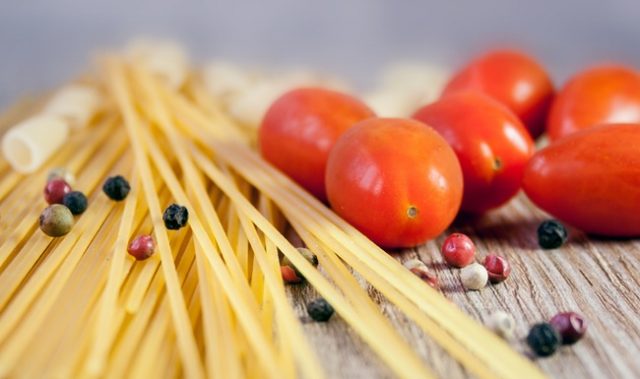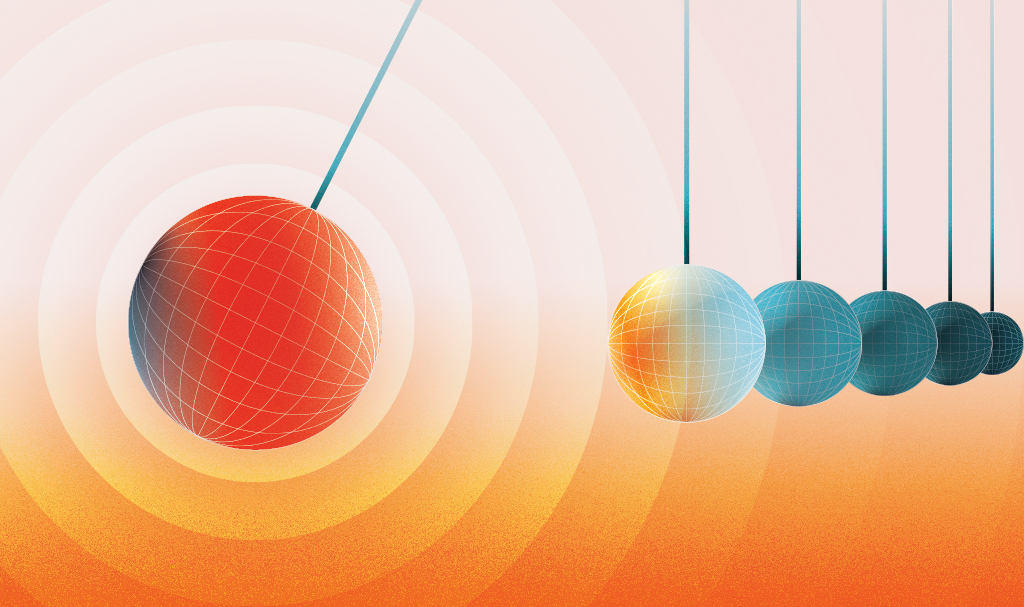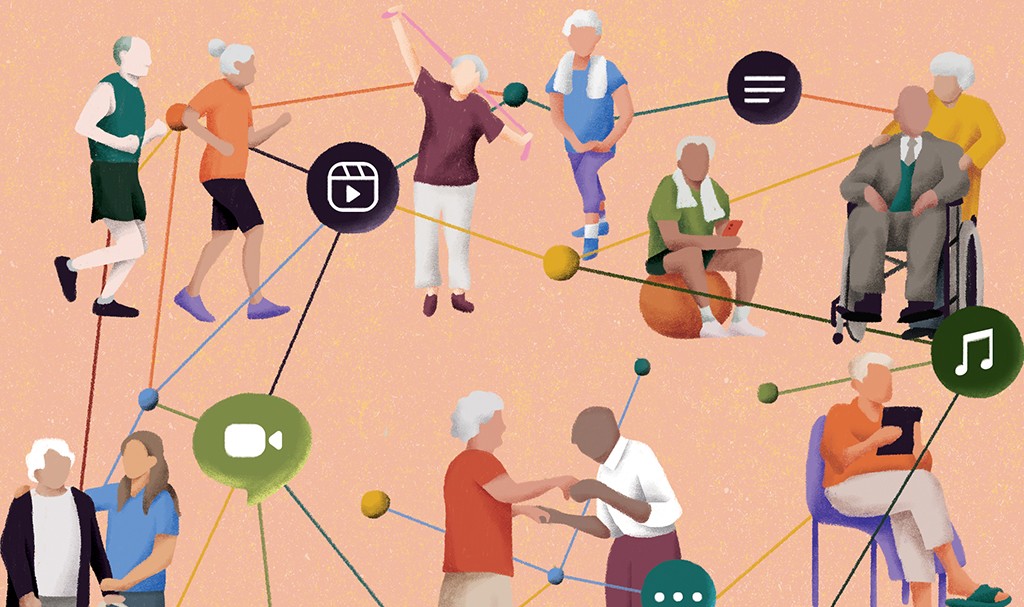
AsianScientist (Nov. 18, 2013) – Our instinctive appetite for protein is so powerful that we are driven to continue eating until we get the right amount of protein, even if it means consuming far more energy than we need, according to new research from the Charles Perkins Center at the University of Sydney.
Published online in Obesity Reviews, the research study shows the overriding drive for dietary protein could be a key factor in the global obesity epidemic, with individuals’ total energy intake increasing as the percentage of protein in their diets decreases.
Regardless of weight, age or the time frame of a diet, the research found for the first time that reducing the percentage of dietary protein will result in increased total energy intake, contributing to being overweight and obesity.
The research collated the results of 38 published experimental trials measuring the unrestricted energy intake of people on different diets, also taking into account a broad spectrum of age ranges, Body Mass Indexes (BMIs) and diet durations.
“We found that regardless of your age or BMI, your appetite for protein is so strong that you will keep eating until you get enough protein, which could mean you’re eating much more than you should,” said Dr. Alison Gosby, lead author of the research study and a Postdoctoral Fellow at the University of Sydney’s Charles Perkins Center.
As diets shift towards an increased proportion of foods that are higher in carbohydrate or fat, available protein is reduced and energy intake necessarily increases.
“For example, when you consume things like soft drinks, which are fairly low in proportion of protein but high in calories, your energy intake will increase because you’ll need to keep eating to get the protein you need. If you add a soft drink to your lunch then you’ve added a lot of calories, but you’ll still have to eat the same amount of food,” she said.
“The strength of our nutritional drive for protein is frightening within our nutritional environment, where there are a large number of low-protein foods consumed on a regular basis.”
While Dr. Gosby does not recommend increasing protein intake, most people consume the right amount of protein, but eat too much in order to get it. The increased understanding of appetite provided by her research could have profound impacts on the design of effective and healthy weight-loss diets, food labeling policies, food production systems and regulatory frameworks.
“We have shown that when people are trying to lose weight they need to look at macronutrient composition, not just calories. If you cut out calories but don’t consider protein intake, you’re going to be hungry and your diet won’t be successful,” she said.
Dr. Gosby believes the findings could provide a new tool in the fight against overweight and obesity, which currently affects more than 60 percent of adults and one in four children in Australia.
“We do not advocate a high-protein diet, which we generally find to be unsustainable, but instead urge people to follow a balanced diet and eat healthily. Preparing your own meals, rather than relying on energy-dense, low-protein processed foods, could make an enormous difference to the amount of food you need to consume,” she said.
The article can be found at: Gosby A et al. (2013) Protein Leverage And Energy Intake.
——
Source: University of Sydney; Photo: jonrawlinson/Flickr/CC.
Disclaimer: This article does not necessarily reflect the views of AsianScientist or its staff.












